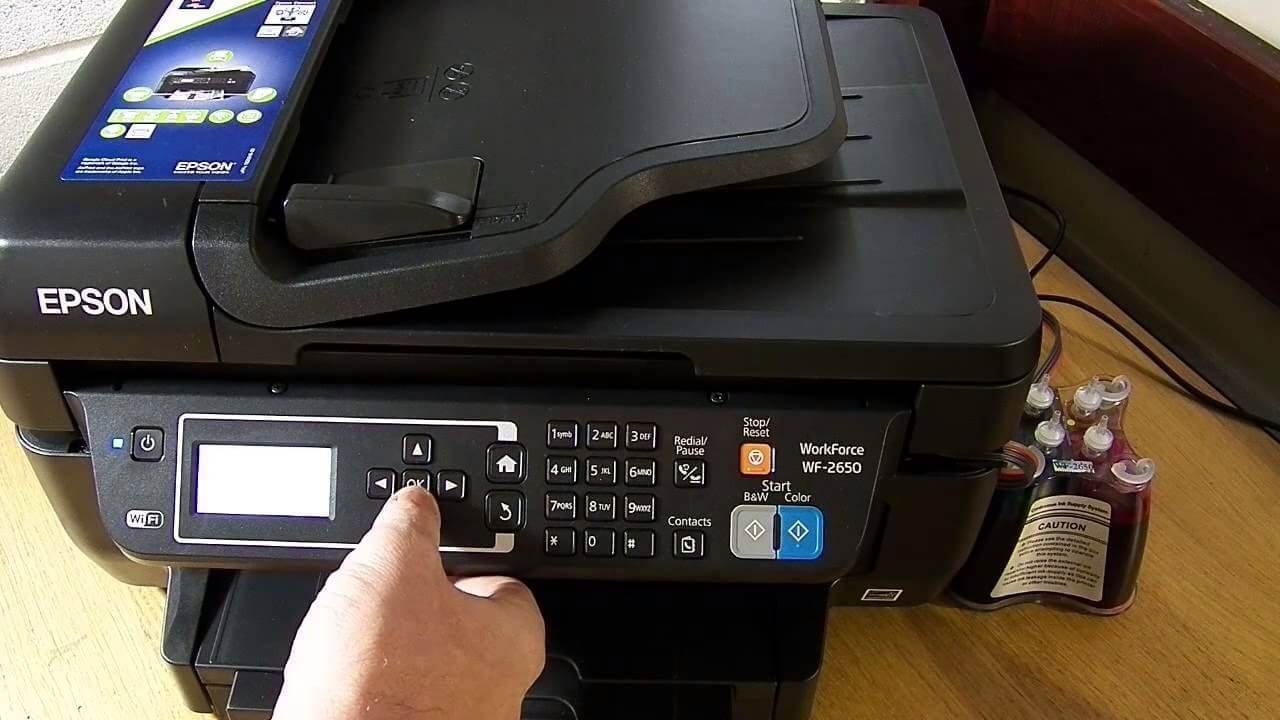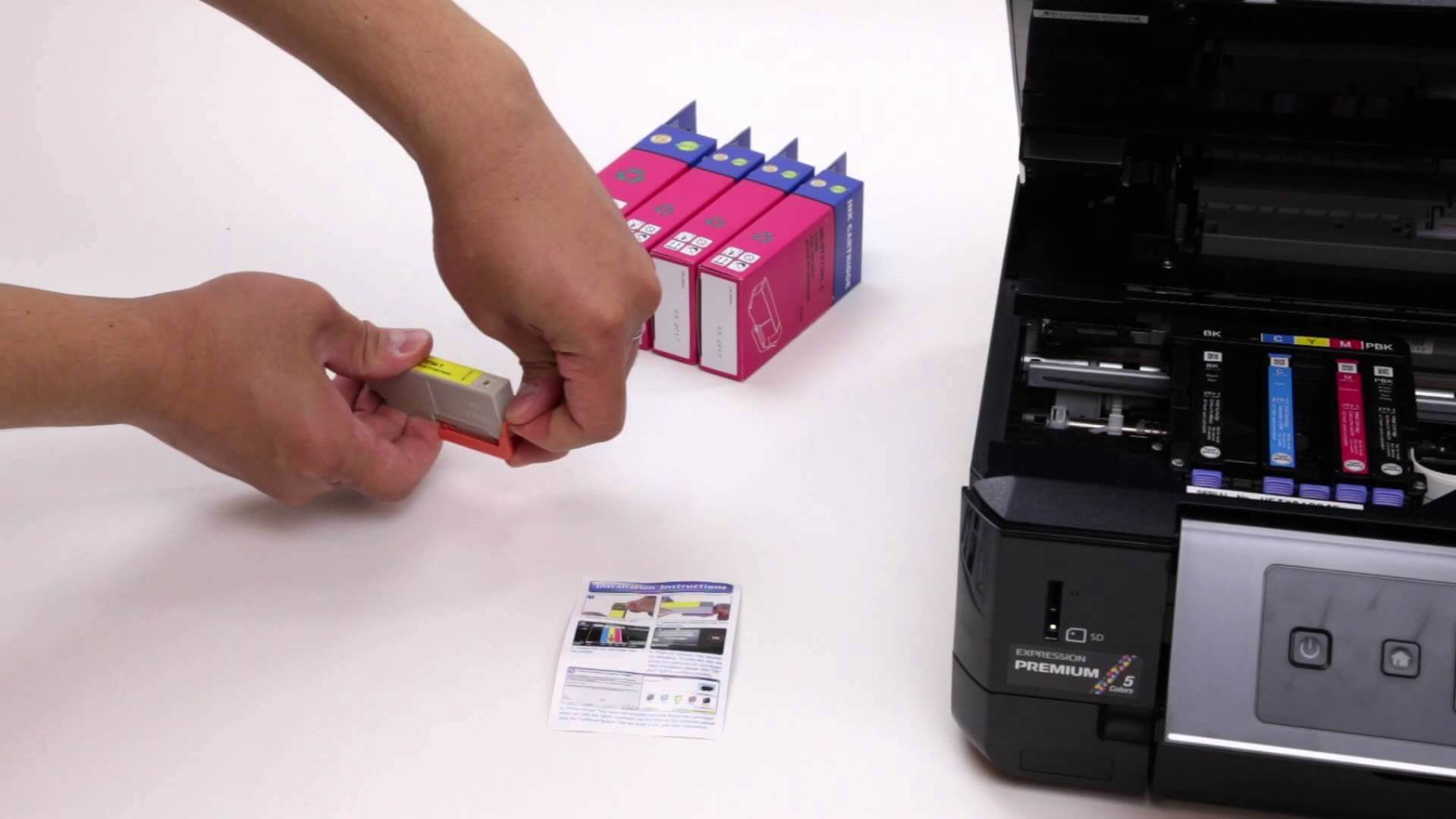In context: The printer ink and toner industries are big --- arguably bigger than even the printer business itself. Nearly every printer manufacturer makes more money from ink and toner refills than it makes from the printers it sells.
Since there is a market for printer ink refills, plenty of third-party suppliers have spring up to compete with the OEMs' usually extremely high price point for inks. One way for printer manufacturers to combat this dip into their profits is to program their printers not to accept third-party cartridges.
Of course, the restriction of non-OEM ink alternatives has to be disclosed to the consumer before purchase. However, what is to prevent the manufacturer from issuing a firmware update down the line that does this? The answer to that is the law and consumer watchdog groups like the Electronic Frontier Foundation (EFF).
A week ago the EFF sent a letter to the Texas Attorney General Office urging it to investigate Epson for just such a practice. According to the EFF, it has received numerous complaints that a firmware update to some models of Epson printers has disabled the use of third-party print cartridges without notifying users of the change.
"Around late 2016 or early 2017, Epson began issuing firmware updates to some printer models to prevent customers from using third-party ink options. It is not clear that customers were informed when buying an Epson printer that their ability to use third-party ink options could or would be later disabled. Moreover, it does not appear that Epson informed customers when it sent the firmware update that it would disable third-party alternatives to Epson cartridges."

The EFF believes Epson's conduct in this matter is a violation of the Deceptive Trade Practices-Consumer Protection Act, sections 17.46(a), 17.46(b)(13), and 17.46(b)(24). These sections prohibit companies from "knowingly making false or misleading statements of fact concerning the need for parts, replacement, or repair service." They also forbid OEMs from not disclosing information with the intent of inducing a purchase.
"Epson's reported practice of using firmware updates to prevent the use of third-party ink options is potentially misleading, anticompetitive, and dangerous."
Many of the printers affected worked fine with third-party ink or refilled OEM cartridges before the updates. The EFF insists that under Texas state law Epson should have informed consumers in its packaging that it may choose to restrict competing refill brands in the future. Failing that the company should have at least told existing owners of the change before rolling out the firmware.
The watchdog mentions that informing consumers after the purchase is also not ideal as it may persuade users to avoid firmware upgrades. Since many of these patches address security exploits, ignoring them could compromise computers and even entire networks connected to the vulnerable printer.
"If customers come to believe that firmware updates, without warning, might also disable their ability to use third-party ink options, they might choose to forgo updates altogether," the letter reads. "Left unpatched, printer vulnerabilities weaken security across computers and networks connected to affected printers. As such, Epson's reported practice of using firmware updates to prevent the use of third-party ink options is potentially misleading, anticompetitive, and dangerous."
Epson is not the only company to have done such a thing. HP used a firmware update in 2016 to block all but its own cartridges. After barking from the EFF, HP apologized and issued a patch to fix the problem. However, it turned around the next year and did the same thing under the guise of a "security feature." That time HP didn't apologize (because it wasn't intentional) but did issue a second version of the firmware without the security feature.
Epson could not be reached for comment.
